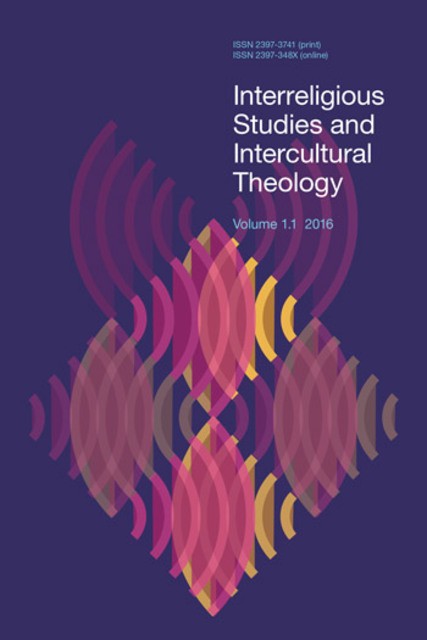War, Musar, and the Construction of Humility in Modern Jewish Thought

Full description
This article considers how the musar (virtue-focused) tradition in Jewish ethics may shape Jewish moral judgments on questions of war and peace, focusing on various constructions of the virtue of humility in modern Jewish thought. It gives particular attention to concepts of humility advanced by Menachem Mendel Lefin, the leading figure of the Polish Haskalah, and it suggests that Lefin’s model of critical selfassessment, especially if carried out in partnership with those from different nations or traditions, could help to restrain the misplaced pride, enthusiasm, and impulses to dehumanize enemies that may emerge at times of war. The article brings Lefin’s approach into dialogue with three Jewish thinkers who argued that proper humility should in some cases encourage the use of violence and even the dehumanization of enemies: the Lithuanian Orthodox rabbi Simhah Zissel Ziv, the American Reform rabbi Kaufmann Kohler, and the militant Orthodox Israeli rabbi Meir Kahane.
- typeImage
- created on
- file formatjpeg
- file size36 KB
- container titleInterreligious Studies and Intercultural Theology
- creatorGeoffrey D. Claussen
- issn2397-348X (Online)
- issue2.2
- publisherEquinox Publishing Ltd.
- publisher placeSheffield, United Kingdom
- rights holderEquinox Publishing Ltd.
- volume
- doi
We use cookies to analyze our traffic. Please decide if you are willing to accept cookies from our website. You can change this setting anytime in Privacy Settings.
